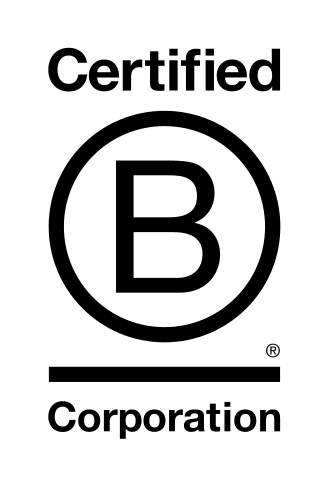
Sheenagh Gordon-Hart, Independent Director at The Director’s Office
As we approach the end of 2022, we must all hope that a new year will herald an improved outlook both in the economy and and geo-politically. However, there are no quick fixes to the problems facing us and we must all grapple with the cost-of-living crisis as best we can. John Maynard Keynes said, ‘By a continuing process of inflation, governments can confiscate, secretly and unobserved, an important part of the wealth of their citizens.’
In a time of 24-hour media scrutiny, the confiscation is less secret than it may have been in the past, but its impact is no less severe. Tackling inflation is a huge challenge, and with Madame Lagarde’s recently bearish tones, it looks as though the wealth of Europe’s citizens has some way to fall yet. All of this is happening while governments are struggling to fund massive spending projects: continued covid recovery, the green transition and a digital revolution are all high on the EU’s agenda for spending – and of course the only source of funding is…..well, us, of course.
In Luxembourg, the sting of escalating inflation is to some extent foiled by indexation, an automatic mechanism that allows wages to be adjusted upwards when the six-month moving average of inflation (CPI) is 2.5% higher than when the last wage indexation occurred. Indexation is not only a feature in Luxembourg as there are similar guarantees available in a few other EU countries. Back in 2008, the ECB Governing Council expressed concern about the existence of such schemes noting ‘the risk of upward shocks to inflation, such as those currently observed in energy and food prices, lasting longer and even leading to a wage-price spiral’. That was 2008! The ECB pointed out that wage indexation threatens competitiveness and could be detrimental to employment prospects. Luxembourg hasn’t suffered a particular problem with long-term unemployment, with the latest figures showing it stands at around 1.5%: by contrast youth unemployment is around 17%. For comparison, the youth unemployment rate in the UK is 9.8%,15.6% in France, 5.7% in Germany and a staggering 32% in Spain. Certainly, Luxembourg’s youth unemployment rate is cause for concern, but pales by comparison with some European nations. Recognising the negative impact that can result from automatic indexation, the Luxembourg government has been actively engaged in negotiations with social partners and back in June passed legislation postponing the expected mid-2022 indexation rise to April 2023. This measure is designed to relieve cost pressures on businesses, but independent directors will be aware that cost increases are already being anticipated in rates quoted for, for example, year-end audits. To be fair, while some of the cost increase being witnessed will be due to unavoidable indexation, there is also a significant increase in the regulatory burden requiring increased work on the part of auditors. Indeed, for one of the funds for which I serve as an iNED, the audit firm has helpfully produced a paper setting out what it calls the three vectors driving up audit costs as:
- Regulation;
- Revision of auditing standards; and
- Inflation/indexation.
The key regulatory changes leading to increased fees are identified as the separate report on the new Self-Assessment Questionnaire (SAQ) introduced in CSSF Circular 21/790, and new AML procedures introduced by CSSF Regulation 12-02. The SAQ reporting replaces the long-form report (LFR) which, according to the auditors, requires additional sampling to meet the requirements of the CSSF template. The cost of SAQ reporting is almost three times what the auditors charged in previous years for the LFR. On top of that, boards with third party mancos will likely have to pay additional fees for completion of the SAQ by the manco. The AML reporting introduces a new charge not dissimilar to that charged in respect of the old LFR.
This firm of auditors also claims that ISA315R is adding to fees as they will need to, inter alia, engage with a broader range of management to understand the entity and its environment and access additional internal and external information about client-specific, industry and regulatory risks. There is more to this change in auditing standard than simply the foregoing but I, for one, always assumed auditors knew their clients, and understood the industry and regulatory risks; I would argue that this revision of the auditing standard actually reflects what has been best practice anyway.
On the indexation adjustment to fees, this firm of auditors believes that the inflation figure for 2022 will land at around 7%, so is proposing to increase its basic fee by 8%. For iNEDs, I’d suggest all auditors are asked to justify their proposed charges; I’d also like to understand more about how auditors examine their own cost base, how they could better employ technology to deliver scale benefits to clients and whether the change from LFR to SAQ was subject to a cost-benefit analysis. At the end of the day, it is underlying investors that will have to bear these cost increases – and it won’t be confined to audit fees: similar hikes are expected in legal fees and other expenses too.
Ultimately, as more complex regulation and reporting comes on stream, investors will have to pay: the competitiveness of asset management is called into question as, unobserved and secretly, to misquote Keynes, investor wealth is confiscated.
For now, all that remains is for me to wish you and yours the best of Christmas cheer and all good wishes for 2023.




